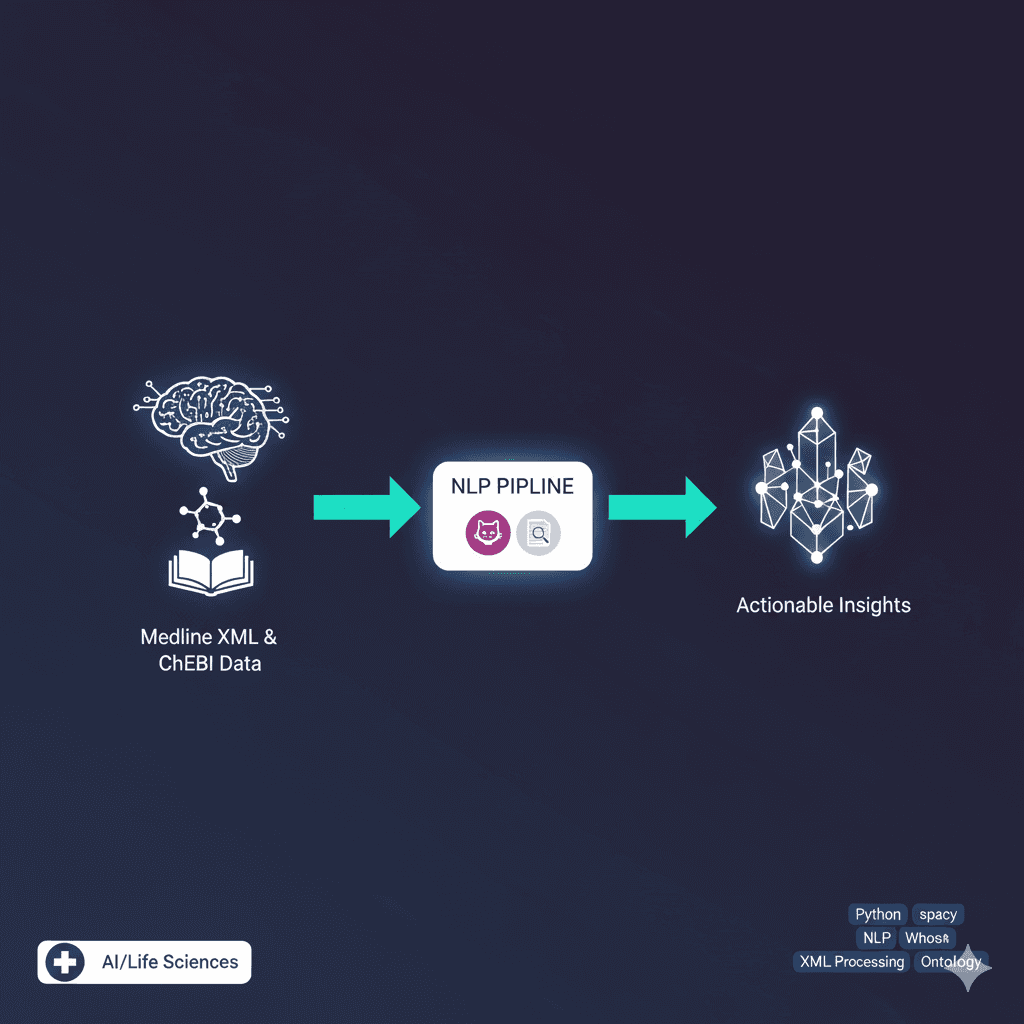Bio-Inspired Optimization for Personalized Diabetes Management
Developed a bio-inspired optimization system integrating genetic algorithms with physiological modeling for personalized Type 2 diabetes management.

Project Overview
Created a comprehensive bio-inspired optimization system for personalized Type 2 diabetes management as part of my Master's program, exploring different bio-inspired algorithms and methods. The project integrates insulin dosage, carbohydrate intake, and exercise scheduling into one intelligent decision-making framework while comparing two distinct optimization approaches: Grid Search and Genetic Algorithm (GA) to understand their individual architectures and performance characteristics. This comparative study provided invaluable opportunities to study different layers within genetic algorithms, including selection, crossover, and mutation operations. The system utilizes a hybrid Mini-Bergman model for improved physiological realism and employs personalized virtual patient avatars to simulate daily routines. The GA successfully maintained glucose levels within ±20 mg/dL of the target range 82% of the time while promoting lifestyle flexibility. Compared to brute force grid search approaches, the GA reduced computation time by 73% while preserving schedule diversity and maintaining safe glucose thresholds. This project demonstrates the promise of evolutionary algorithms in advancing smarter, adaptive, and personalized diabetes care.
Key Features
- ✓Comparative study of grid search vs genetic algorithm architectures
- ✓In-depth exploration of genetic algorithm layers (selection, crossover, mutation)
- ✓Hybrid Mini-Bergman physiological model implementation
- ✓Personalized virtual patient avatar simulation
- ✓Multi-parameter optimization (insulin dosage, carbohydrate intake, exercise scheduling)
- ✓82% success rate in maintaining glucose within ±20 mg/dL target range
- ✓73% reduction in computation time with GA compared to grid search
- ✓Lifestyle flexibility preservation while ensuring glucose control
- ✓Bio-inspired evolutionary computation techniques analysis
- ✓Safe glucose threshold maintenance (80-130 mg/dL)
- ✓Schedule diversity preservation through intelligent optimization
- ✓Intelligent decision-making framework for diabetes management
- ✓Adaptive personalized diabetes care system
Technical Challenges
- ⚡Integrating physiological modeling with evolutionary algorithms
- ⚡Balancing glucose control accuracy with lifestyle flexibility
- ⚡Optimizing computation time while preserving solution quality
- ⚡Ensuring safety constraints across diverse patient profiles
- ⚡Modeling complex glucose-insulin dynamics accurately
- ⚡Creating realistic virtual patient avatars for simulation
Technologies Used
Project Info
Collaboration
Team
Lead Developer & Researcher
Screenshots





